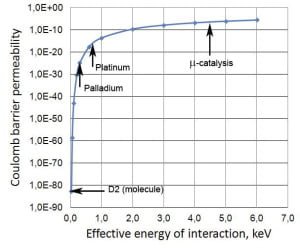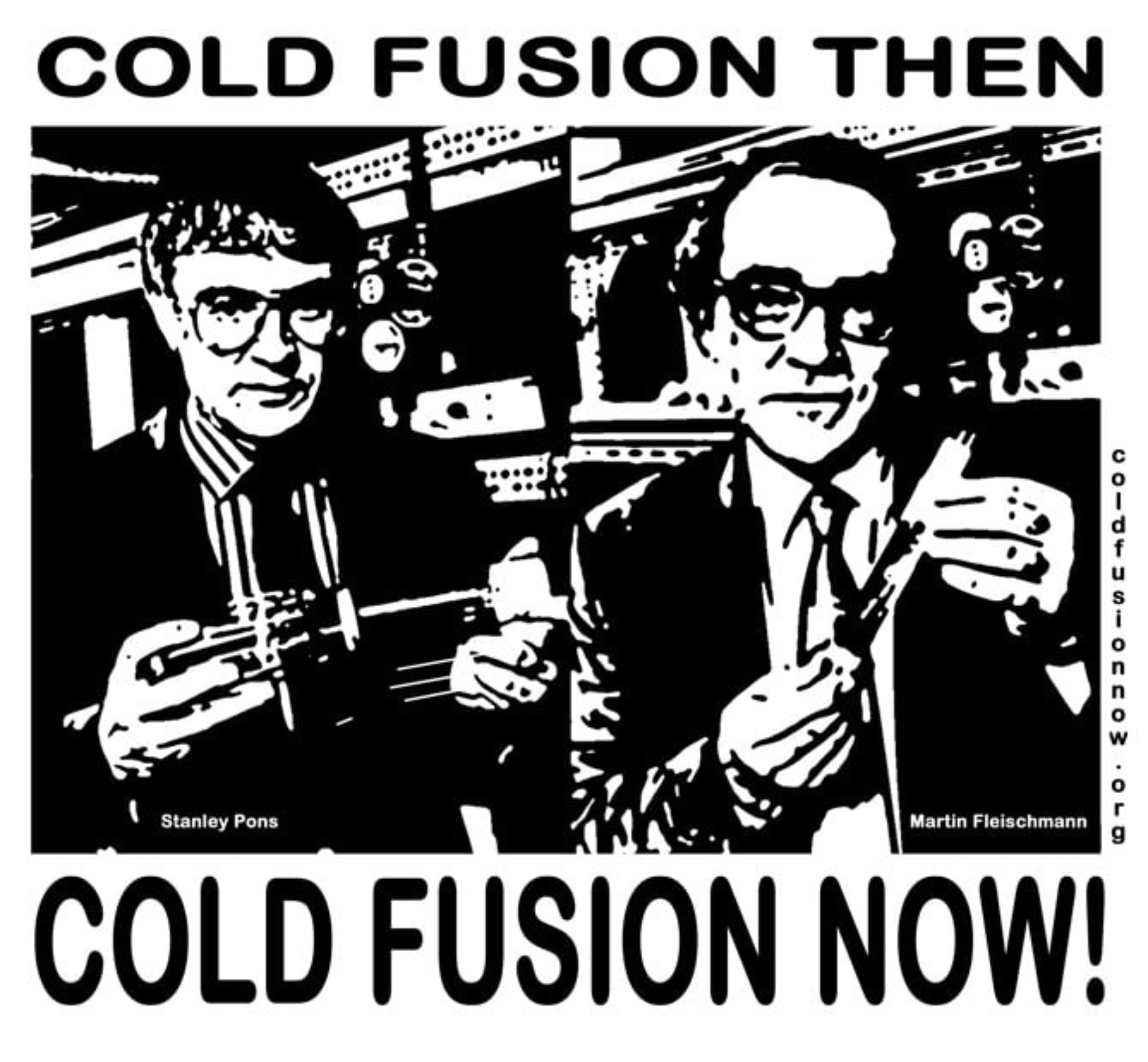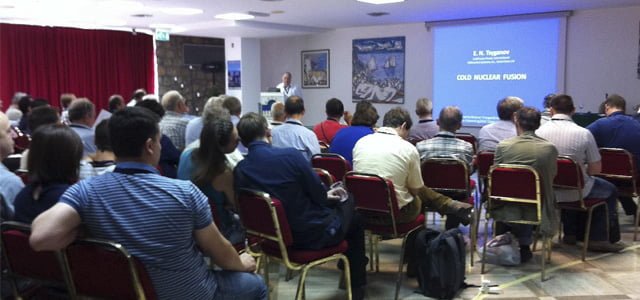Edward Tsyganov presented Cold Nuclear Fusion at the Channeling 2014 Conference held October 5-10, Capri, Italy.
During the Oct. 8 roundtable session, Dr. Tsyganov has reported that “some of the participants suggested that we avoid rushing to promote cold fusion and, therefore, prevent any interference with the implementations of international tokamak ITER.”
Tsyganov explained, “… it is difficult to ignore the cold fusion process because it is much less expensive and much more practical than traditional thermonuclear fusion.”
In a summary of the discussion in English, Tsyganov continued:

Oil and gas can no longer serve as global fuel, due to its exhaustion, while the companies will try to fight back. This way also may well lead to climate change, a population reduction, and social upheavals.
Cold fusion is a real alternative to this tragic scenario. We believe that in the coming years, the scientific success of cold nuclear fusion will be realized and a radical change in the applied nuclear research will come.
Unfortunately, cold fusion still seems to be quite distant from wide recognition, even though the issue is now practically solved in experimental and theoretical terms. At the moment we are facing a problem that is not scientific but sociological. It is difficult to predict how fast events will develop in this direction. A paradigm shift in science has never been an easy task for society. We should propose the optimal behavior for scientists in these circumstances.
Find Powerpoint presentation slides and photos of the event here:

